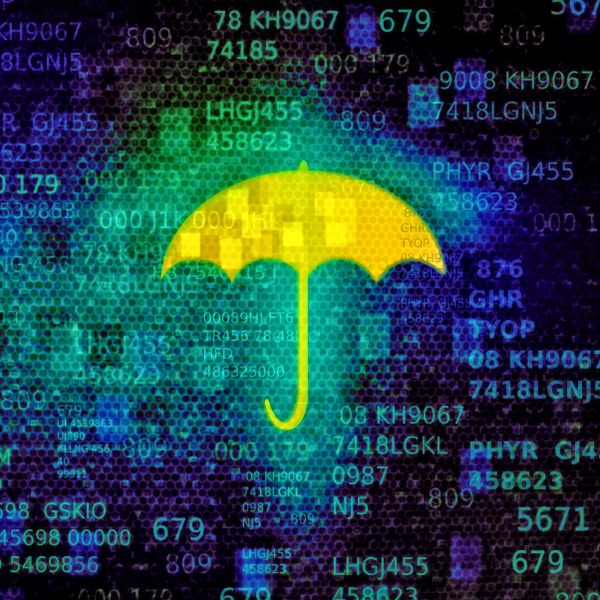The Spam Omelette #46

Normal
0
false
false
false
EN-US
X-NONE
X-NONE
MicrosoftInternetExplorer4
/* Style Definitions */
table.MsoNormalTable
{mso-style-name:”Table Normal”;
mso-tstyle-rowband-size:0;
mso-tstyle-colband-size:0;
mso-style-noshow:yes;
mso-style-priority:99;
mso-style-qformat:yes;
mso-style-parent:””;
mso-padding-alt:0in 5.4pt 0in 5.4pt;
mso-para-margin:0in;
mso-para-margin-bottom:.0001pt;
mso-pagination:widow-orphan;
font-size:10.0pt;
font-family:”Calibri”,”sans-serif”;}
Normal
0
false
false
false
EN-US
X-NONE
X-NONE
MicrosoftInternetExplorer4
/* Style Definitions */
table.MsoNormalTable
{mso-style-name:”Table Normal”;
mso-tstyle-rowband-size:0;
mso-tstyle-colband-size:0;
mso-style-noshow:yes;
mso-style-priority:99;
mso-style-qformat:yes;
mso-style-parent:””;
mso-padding-alt:0in 5.4pt 0in 5.4pt;
mso-para-margin:0in;
mso-para-margin-bottom:.0001pt;
mso-pagination:widow-orphan;
font-size:10.0pt;
font-family:”Calibri”,”sans-serif”;}
Week
in Review: October 8 – 15

1. Blue PILLS prescribed by Canadian Pharmacy
Ranking first in this week’s issue of the Spam Omelette, the
word PILLS has been detected in unsolicited messages coming from Canadian
Pharmacy. The embedded links redirect the user to a Canadian Pharmacy website
clone which is also reported as an attack site (it can harm your computer by
downloading miscellaneous malicious files). Unlike other previous Canadian
Pharmacy campaigns, this specific spam wave does not come with a bundled image,
but rather presents the offerings in plain text.

2. Pay us BACK in 5 years
The word BACK is surely a fresh addition to our weekly spam
top. It has been detected by the BitDefender spam analysts in messages
allegedly offering low-interest loans. The message appears to be sent by Alpha
Loan, an UK-based company and promises applicants sums of money between $1000
and $ 1 million. The proposition is suspiciously good, given the fact that the
global economy is in an extremely weak position and most of the banks have cut
off low-interest rate loans.
In order to be eligible for the promotion, applicants are
required to send their private information to an anonymous Rocketmail/Yahoo
address.

3. Illegal WINDOWS software on discount
OEM software spam seems to be extremely popular these days.
Ranking third in this week’s issue of the Spam Omelette, the word WINDOWS is
mostly encountered in spam messages advertising a wide range of super- cheap
software. However, not only that selling OEM software to end-users is illegal
and violates the End User License Agreement, but most likely you will buy
pirated (“warez”) copies downloaded via peer-to-peer services.

4. Congratulations, you have won the INTERNET!
Ranking fourth in this week’s spam top, the word INTERNET
has been spotted mostly in messages allegedly coming from Yahoo. The spam email
claims that the victim has been designated as the winner of the Yahoo Internet
Awards for 2009, worth GBP 800,000. Ironically enough, the user is asked to
send their personal identification information to Mr. John Smith at an
anonymous Microsoft Live email address.

5. Need a site? Hire a Chinese!
The fifth place goes to SITE, a spam term that has been
mostly identified in messages sent by a China-based web-design company. In the
context of a precarious economic environment, even legitimate companies rely on
spam to boost their revenue. The company promises cheap and rapid delivery for
any website project.
tags
Author
Right now Top posts
How to Protect Your WhatsApp from Hackers and Scammers – 8 Key Settings and Best Practices
April 03, 2025
Outpacing Cyberthreats: Bitdefender Together with Scuderia Ferrari HP in 2025
March 12, 2025
Streamjacking Scams On YouTube Leverage CS2 Pro Player Championships to Defraud Gamers
February 20, 2025
How to Identify and Protect Yourself from Gaming Laptop Scams
February 11, 2025
FOLLOW US ON SOCIAL MEDIA
You might also like
Bookmarks







